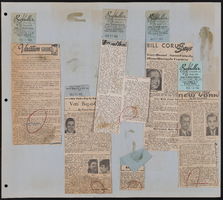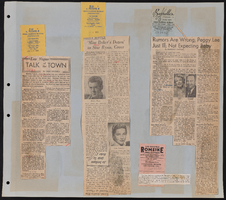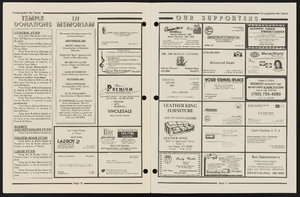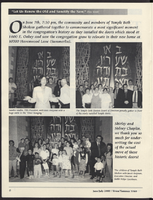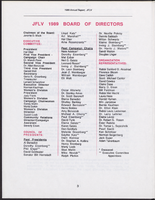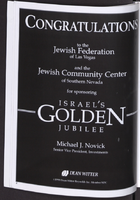Search the Special Collections and Archives Portal
Search Results
Ryann Juden (City of North Las Vegas, City Manager) oral history interview conducted by Kelliann Beavers: transcript
Date
2022-07-14
Archival Collection
Description
From the Lincy Institute "Perspectives from the COVID-19 Pandemic" Oral History Project (MS-01178) -- Government agency interviews file.
Text
Pagination
Refine my results
Content Type
Creator or Contributor
Subject
Archival Collection
Digital Project
Resource Type
Year
Material Type
Place
Language
Records Classification



